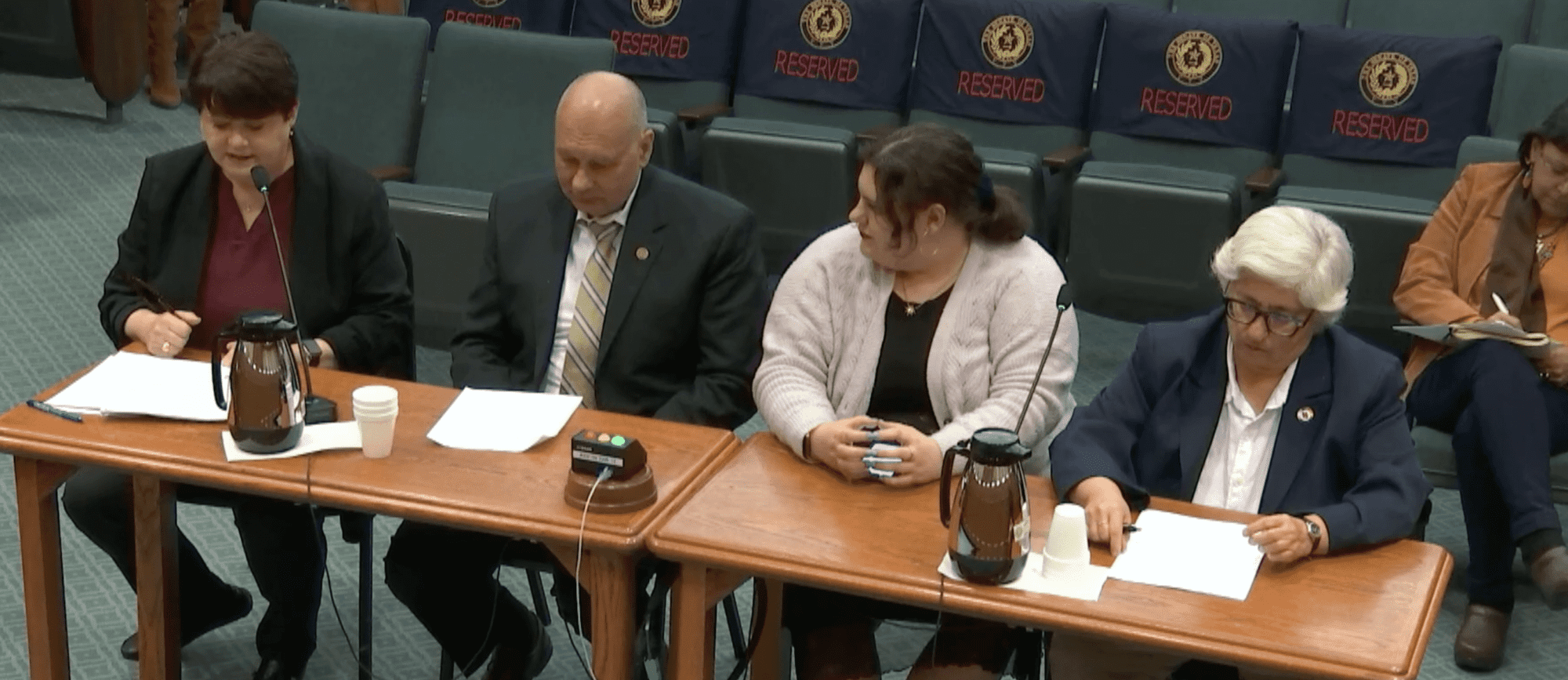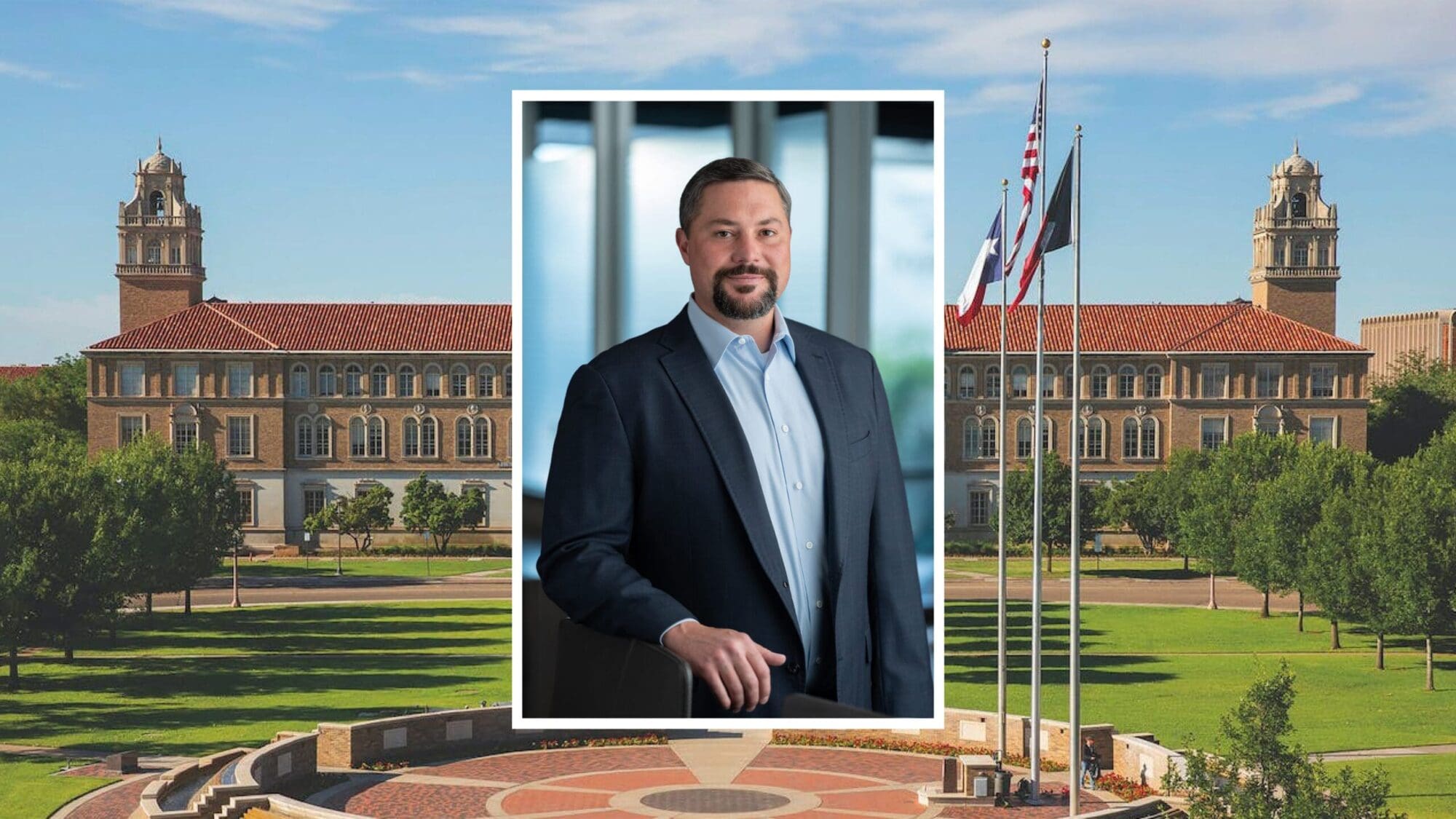Texas Senators considered testimony from professors and members of the public on legislation to reform higher education.
Senate Bill 37 by State Sen. Brandon Creighton (R-Conroe), who chairs the Senate Education K-16 Committee, aims to specify the roles of governing boards and faculty senates, whose authority has not been previously codified in law.
The measure is among 40 legislative priorities that Lt. Gov. Dan Patrick wants the Senate to pass before the end of the session.
Lawmakers have taken up the issue of shared governance, arguing that faculty senates working with university administration have operated unchecked due to a lack of clearly defined roles.
SB 37 would define faculty senates as “advisory only” and give institution’s governing boards the final authority to overturn university administrative decisions.
“By reaffirming the authority of the Board of Regents, SB 37 clearly defines university governance roles while increasing transparency in policies, hiring, curriculum, and financial decisions,” said Creighton.
Angie Hill Price, associate professor and speaker of the faculty senate at Texas A&M University, testified against SB 37. Price said that the faculty senate’s partnership with university administration has been successful in enhancing curriculum and improving the student experience.
“I’m very concerned about how this bill would impact us because we’re not broken,” said Price. “We’re actually really excellent and this would have significant impacts on the ability to offer courses for our classes.”
Under Creighton’s bill, a general education review committee would be established and appointed by a governing board. It would be responsible for evaluating the university’s core curriculum to ensure it equips students with knowledge for participation in the workforce and “do[es] not endorse specific public policies, ideologies, or legislation.”
Professors expressed concerns that the measure’s language was not specific and could cause confusion over which topics could be taught in class.
“The requirement that courses in the curriculum do not endorse specific public policies or ideologies is dangerously vague,” testified Seth Chandler, a professor of law at the University of Houston Law Center.
“It may violate the First Amendment and would make it wrongful for a professor to endorse the public policy of free market economics, the ideology of using an originalist interpretation of the Constitution or to endorse the 13th Amendment and legislation enforcing a bar on slavery,” said Chandler. “In the effort to be viewpoint-neutral, which is a good thing, the provision of the bill ends up being overbroad.”
Amanda Garcia, representing the Texas American Federation of Teachers, brought up the fact that SB 37 would limit faculty senate membership to solely tenured faculty and local industry partners.
“Two-thirds of Texas community colleges do not offer tenure,” Garcia testified. “This would mean industry partners with no knowledge of students’ needs would be responsible for curriculum. It leaves professors with no official representative body.”
Senators suggested that faculty senates have obstructed leadership decisions by boards of regents and retaliated against laws like Senate Bill 17, which banned diversity, equity, and inclusion offices and policies.
“Communication and listening are paramount for shared governance but there are also many examples where there’s a usurpation of leadership decisions or an attempt or a disdain that is expressed in a way that could damage [a university] flagship or brand,” said Creighton.
“Shared leadership is no leadership and we say that at my company,” said State Sen. Brent Hagenbuch (R-Denton). “Shared responsibility is no responsibility. It doesn’t mean you don’t listen to frontline people. Any good leader does, but the term shared governance is very confusing.”





